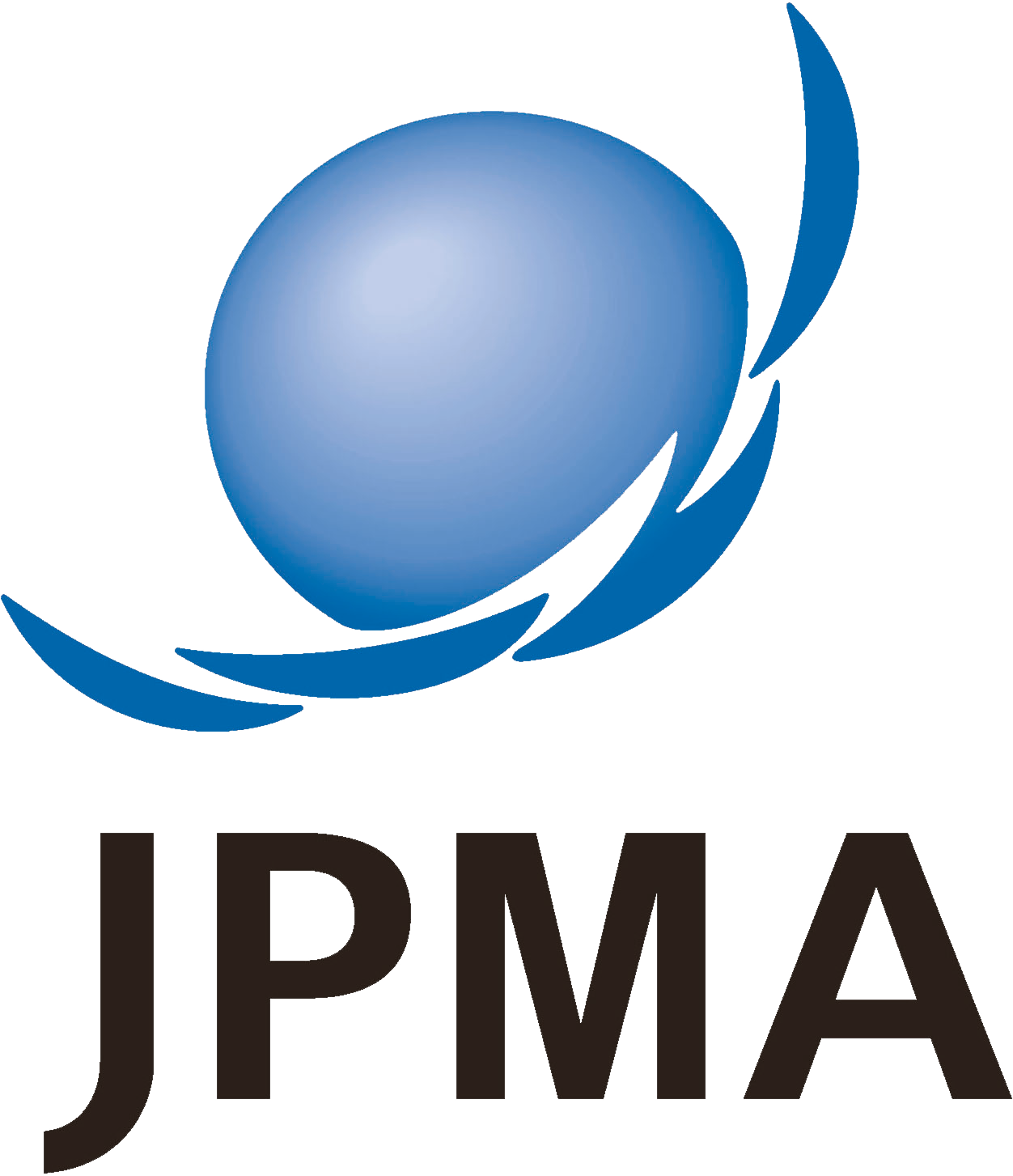WTO Ministerial Conference in Abu Dhabi is an opportunity to strengthen trade and health agenda
On 23 February, ahead of the 13th WTO Ministerial Conference, IFPMA and member associations from 10 countries issued a joint statement calling on trade ministers to commit to a comprehensive trade and health agenda that will strengthen the innovation ecosystem, remove trade barriers, promote trade facilitation, strengthen regulatory systems, and address under-resourced healthcare infrastructure.
The meeting of global trade ministers at the World Trade Organization’s 13th Ministerial Conference in Abu Dhabi (MC13) offers an important opportunity to build on and strengthen the open and rules-based international trading system to support better health outcomes for people across the world and help address future health crises.
The COVID-19 pandemic underscored that, regardless of the nature of the next unforeseen global health threat, progress will depend on science, voluntary partnerships, and collective action. An effective intellectual property framework is essential to incentivizing scientific progress. It underpins the innovation ecosystem that has driven decades of investment in medical research and development, contributing to remarkable improvements in global health over the past fifty years. Moreover, this framework enables voluntary partnerships which are critical in the rapid scale up of the production of therapeutics and vaccines – supporting global access to these products.
Any waiver of commitments to protect intellectual property would undermine these successes and weaken our ability to respond to future health emergencies. Ministers should reject expanding the TRIPS waiver to COVID-19 therapeutics and diagnostics during MC13, and references to transfer of technology should be on a voluntary basis and aligned with existing WTO rules.
During the COVID-19 pandemic, the resilience embedded in global medicine supply chains ensured a continuous flow of essential medicines, vaccines, and diagnostics to millions of people, even in the face of border challenges and logistical constraints. These supply chains can be further strengthened by eliminating trade barriers. This is particularly important when considering global health security and responding to health emergencies, where the need to expedite the development and production of new medical countermeasures is essential.
WTO member states should commit to a comprehensive trade and health agenda that will strengthen the innovation ecosystem, remove trade barriers, promote trade facilitation, strengthen regulatory systems, and address under-resourced healthcare infrastructure. We look forward to continued engagement on these important issues.
a joint statement BY:




About IFPMA
IFPMA represents the innovative pharmaceutical industry at the international level, engaging in official relations with the United Nations and multilateral organizations. Our vision is to ensure that scientific progress translates into the next generation of medicines and vaccines that deliver a healthier future for people everywhere.
ifpma.org
To achieve this, we act as a trusted partner, bringing our members' expertise to champion pharmaceutical innovation, drive policy that supports the research, development, and delivery of health technologies, and create sustainable solutions that advance global health.




